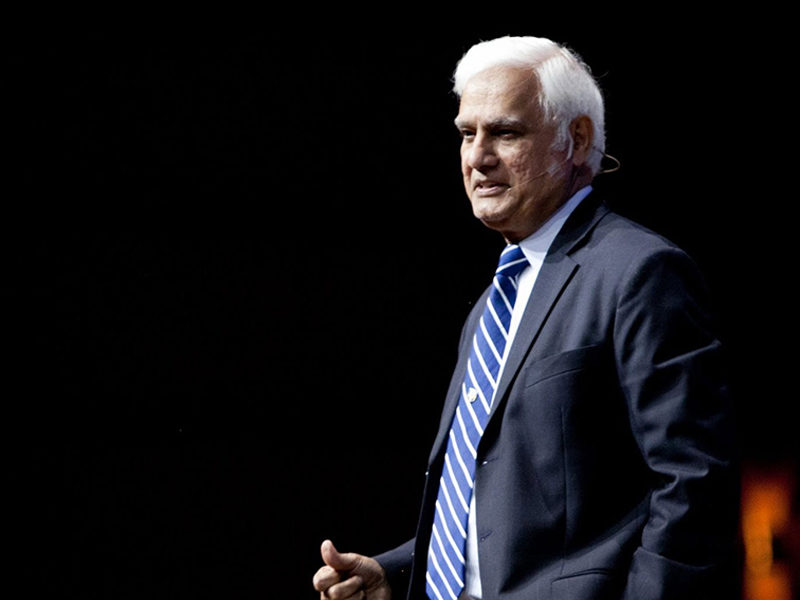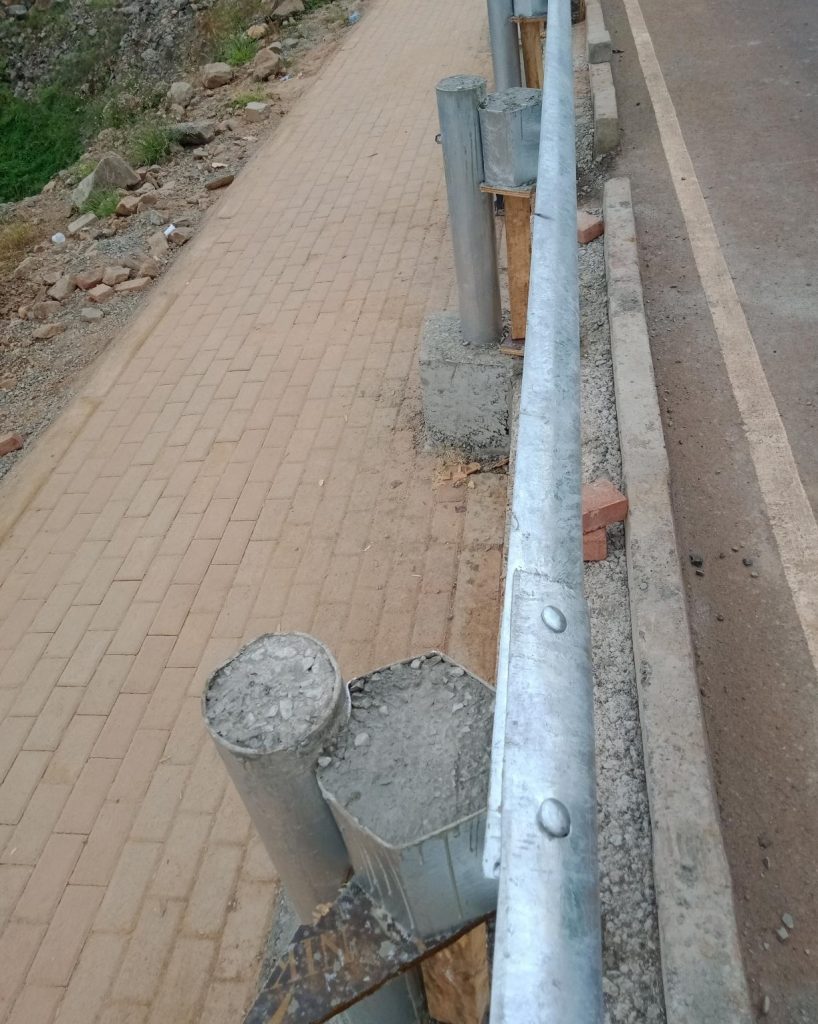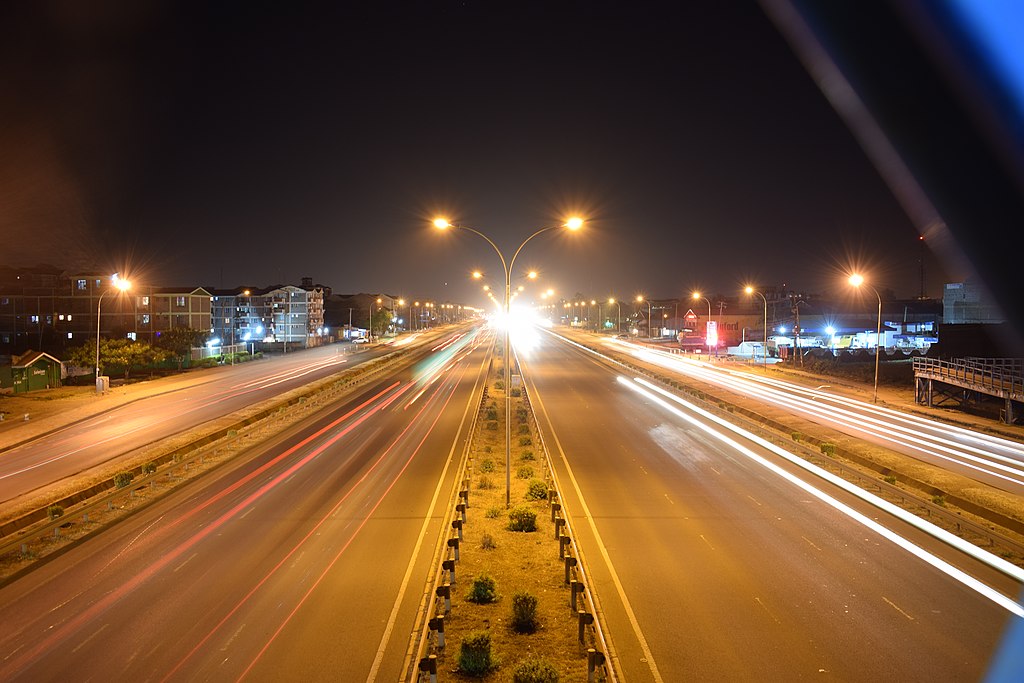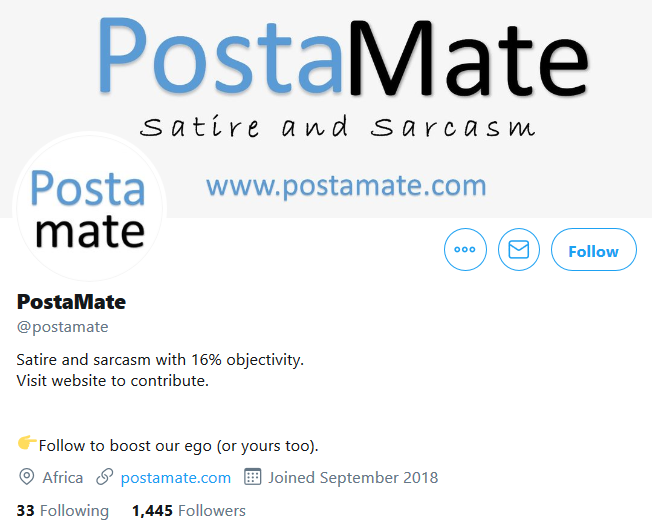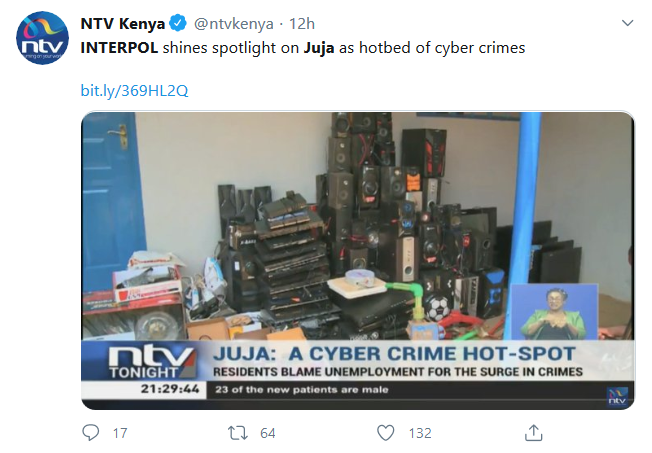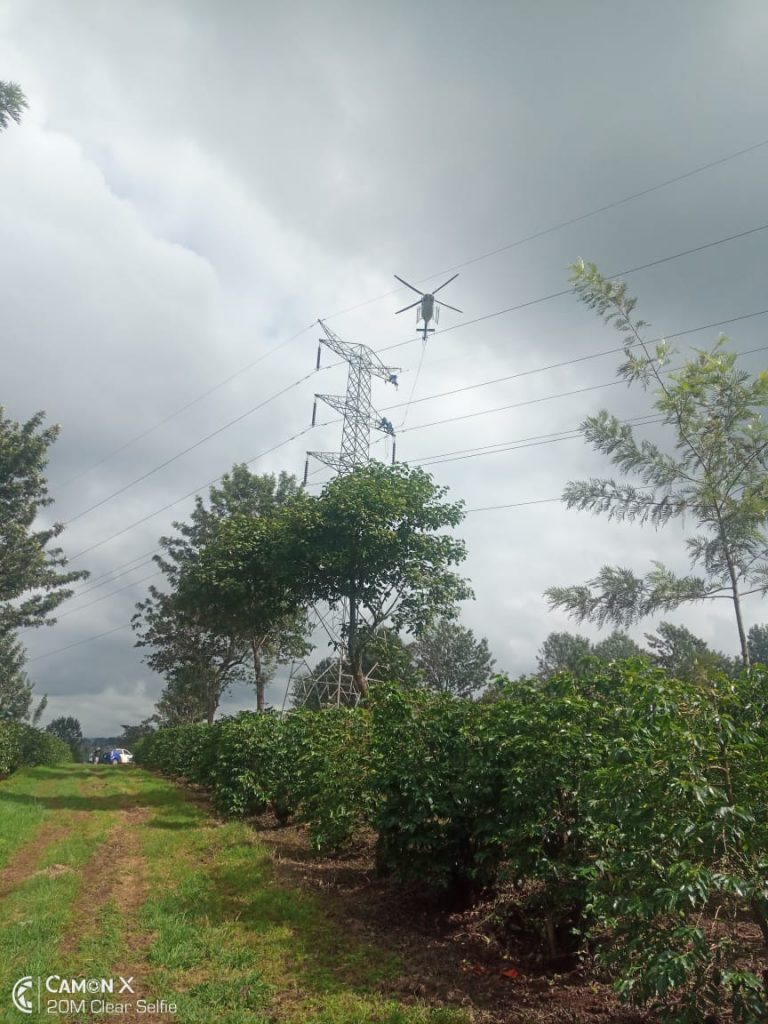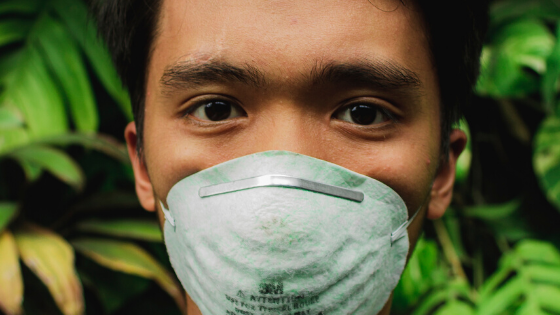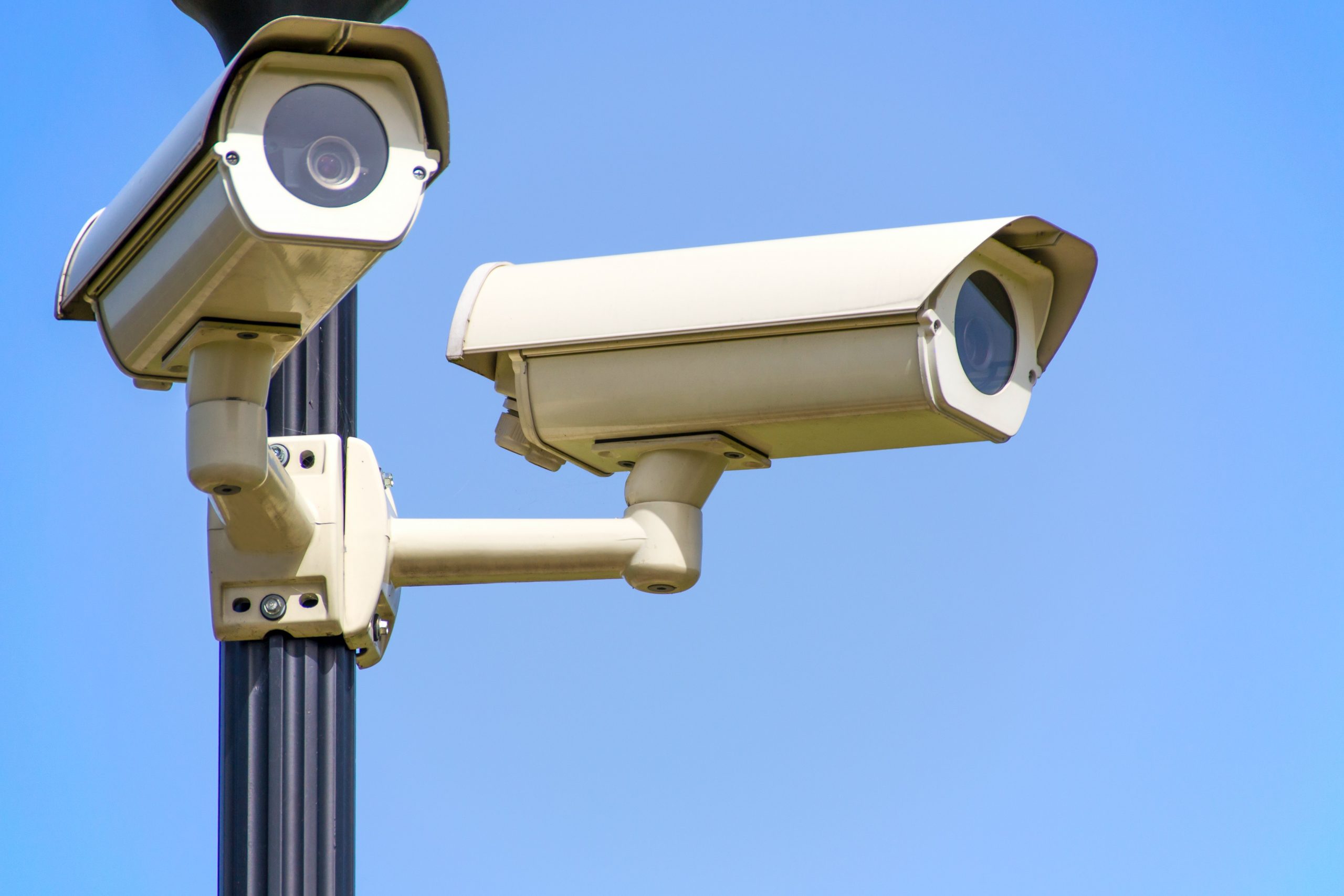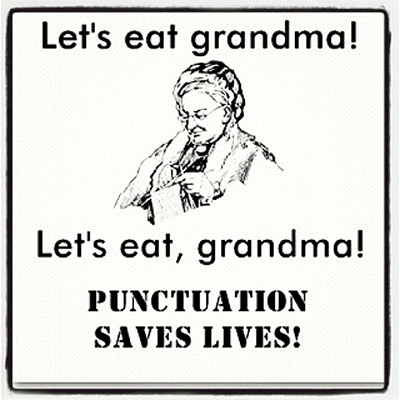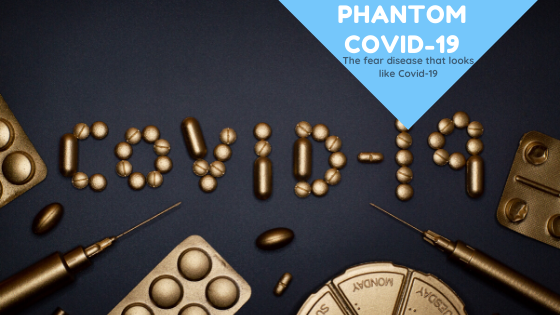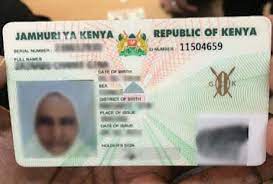
Some conspiracy theories that were circulating a few weeks ago talked of 5G networks, Internet of Things and Digital ID services as the start of a new world order. The inclusion of the Digital ID services was because it was linked to the biblical mark of the beast, and so some Christian preachers went ahead to talk about it being the mark of end times.
Why the panic about giving people a form of identity? Is it something new?
What many people talking about the new threat did not understand is that the quest to give every person a form of legal identity is not new, and has nothing to do with Bill Gates as the conspiracy theories suggested.
Legal Identity is etched in the blueprints of almost all the governments today, and Target 16.9 of the Sustainable Development Goals aims to provide legal identity for all including free birth registrations by the year 2030. This is why many governments have been trying to give people Identity Cards or get all the children to have Birth Certificates.
Why is it important?
Lack of a legal identity is a problem facing a seventh of the world population. This leaves them vulnerable because they are not able to access some services such as government services or even prove identity when required. This was a problem that some communities in Kenya faced for a long time.
Take the example of the Makonde people. After living in Kenya for over 80 years, they were not recognized as an official tribe in Kenya and consequently, were left out of most government services until a few years ago. The Nubians in Kibra have also faced a similar challenge.
Lack of a form of identification is also a serious problem when it comes to financial services and data management. Without a unique number that is used to identify people, businesses find it hard to keep records of people. This is clearly seen in the example of a financial service provider in Kenya and Tanzania.
In Kenya, it is mandatory for any citizen who has attained 18 years of age to have an ID card. This has been so for many years, and it is safe to say everyone has an Identity card with a unique number. On the other hand, Tanzania started introducing Identification Numbers a few years ago and there is a substantial number of people who do not have them.
Dealing with data in Kenya becomes easy because the ID card number servers as a unique Identifier, while in Tanzania there are multiple numbers that are used. This makes it hard to work with data effectively. Nigerian banks solve this problem by having a BVN number which identifies any person who is operating a bank account. If there was a widely adopted Identification Number, it may not have been necessary to have this number an alternative system. As data takes a more central role in the world today, a form of identity will become even more necessary.

